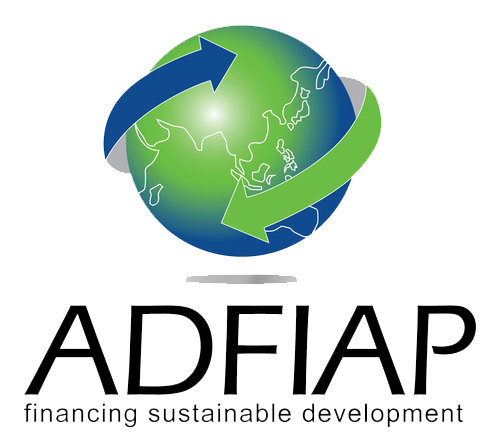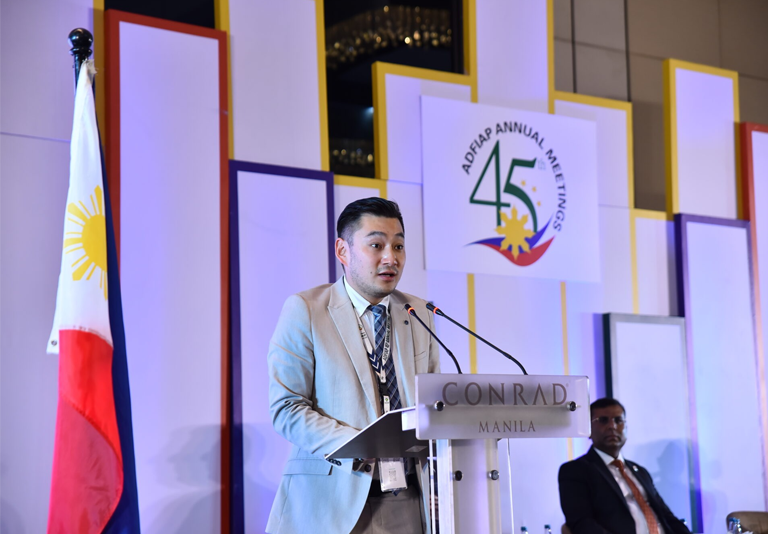Presented by: TEMUUJIN LKHAGVASUREN
General Director of Asset & Liability Management Department
Development Bank of Mongolia
In Mongolia, SMEs account for more than 95% of all businesses, with microenterprises accounting for three-quarters of the total. While many barriers prevent Mongolian SMEs from reaching their full potential, roughly 40% identify a lack of access to finance as the most significant. Due to stringent requirements and unfavorable financing terms, only about 10% of Mongolian MSMEs receive bank financing regularly. So, while SME Development Fund financing is available, it is size-limited, and credit enhancement from the Credit Guarantee Fund is a time-consuming process.
As a DFI, the Development Bank of Mongolia makes on-lending loans to commercial banks; however, the only requirement is that the business is in a priority sector, such as export-oriented. They also provide on-lending loans through the SME Development Fund, but only to priority sectors. There is also leasing available.
DMB has:
• created employment by supporting SMEs in 2012
• given $162 M for the cashmere, dairy, and sewing industries in 2013
• given $233 M for the leather industry and production of finished production in 2014
• given $215.6 M for the cashmere and ASEM Villa in 2015
• given $21.6M for meat processing and agricultural production stabilization program and meat program in 2016
• given $61.6 M for the cashmere program in 2017
• given $49.3 M to the cashmere and agriculture programs in 2020
• Given $7.1 M to the wheat stock creation project.
The Development Bank of Mongolia adopted and implemented revised SME Development Laws, including a harmonized SME definition, an SME strategy document, and an action plan that identifies 3 to 5 key priorities for SMEs based on needs and key barriers. They also established MSMEs as one-stop shops, streamlined the process between the SME Development Fund and commercial banks, and simplified administrative procedures such as taxation.
DBM was also required to identify priority export sectors based on global and regional market trends, current global players, and local capabilities and assist the development of value chain clusters like mining, cashmere, meat, and others. They also needed to launch full-fledged export promotion campaigns and support the SME Development Fund’s improvements by revising governance, improving transparency, involving more banks, revising the loan appraisal process (first by banks, then by the SME Development Fund), and considering new activities (including training, advisory, and support to start-ups and SMEs).
DBM also expanded its banking partnerships, improved risk assessment under OECD best practices, and improved the accuracy of data on SMEs by implementing a credit scoring system.

